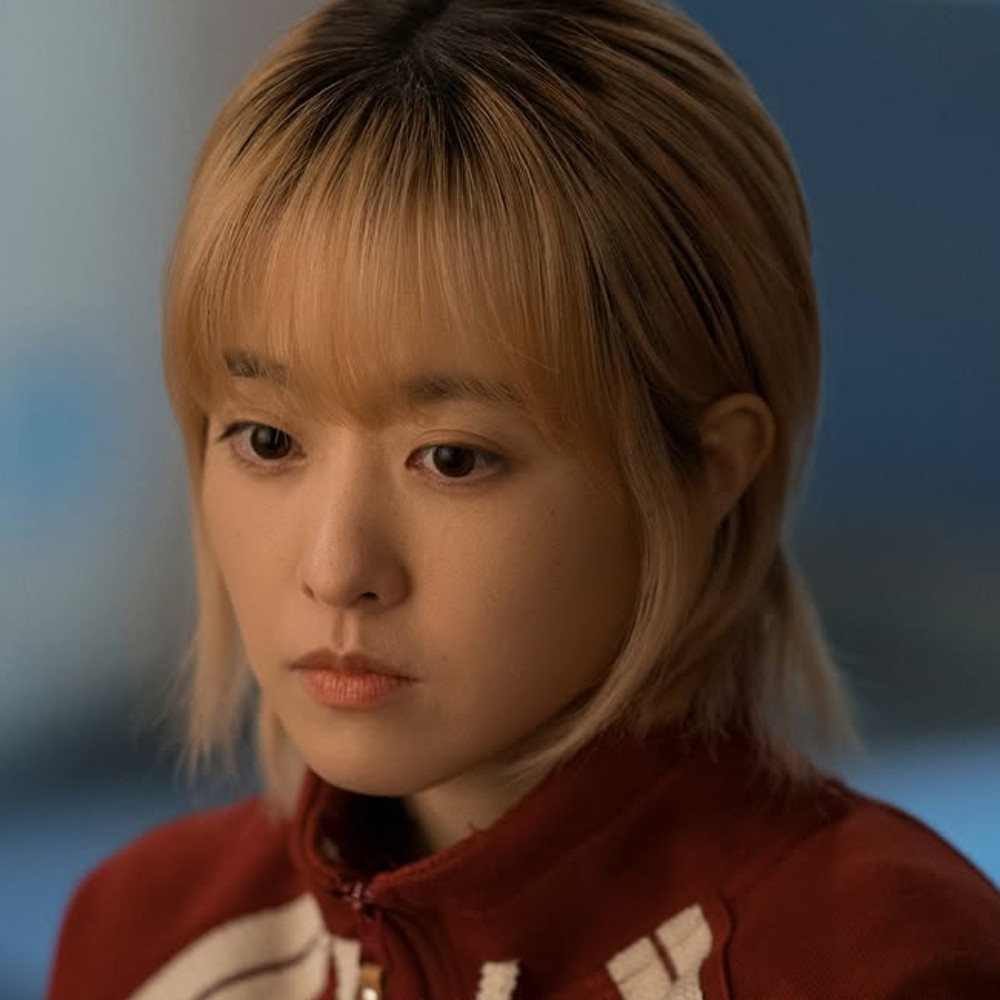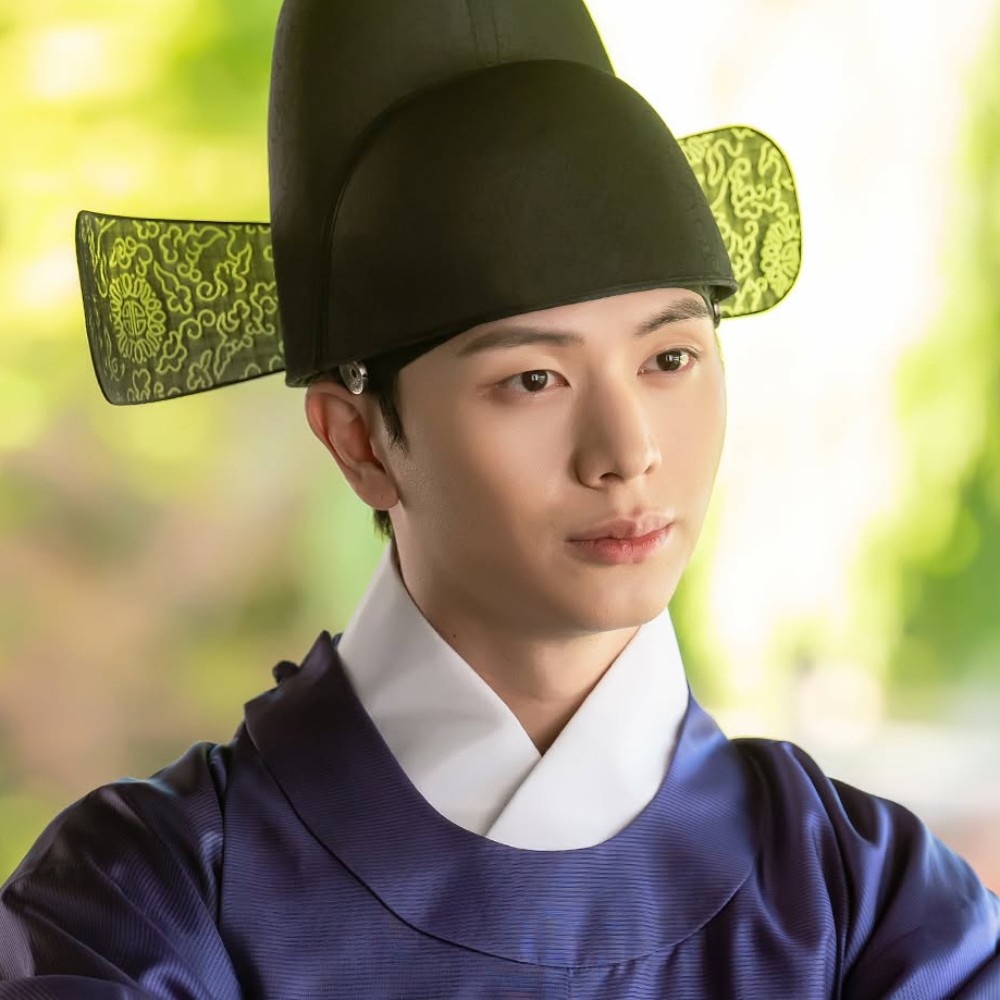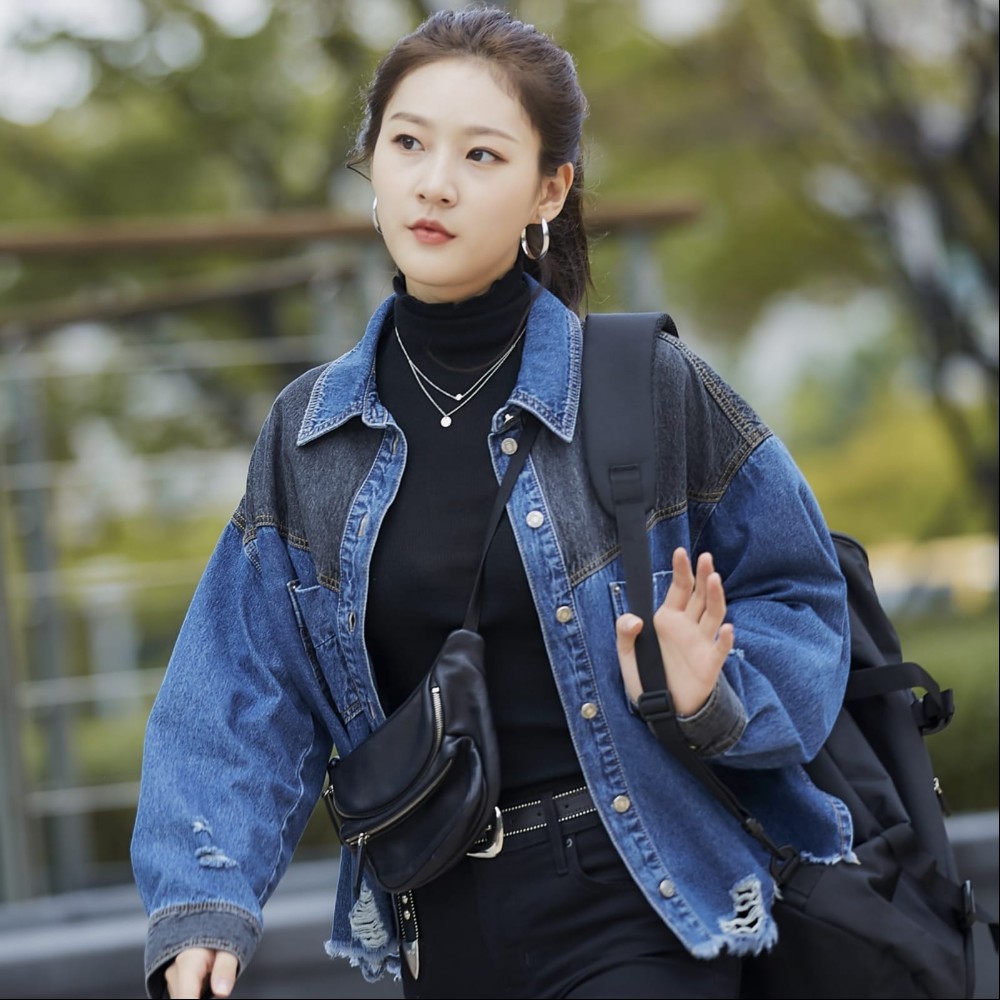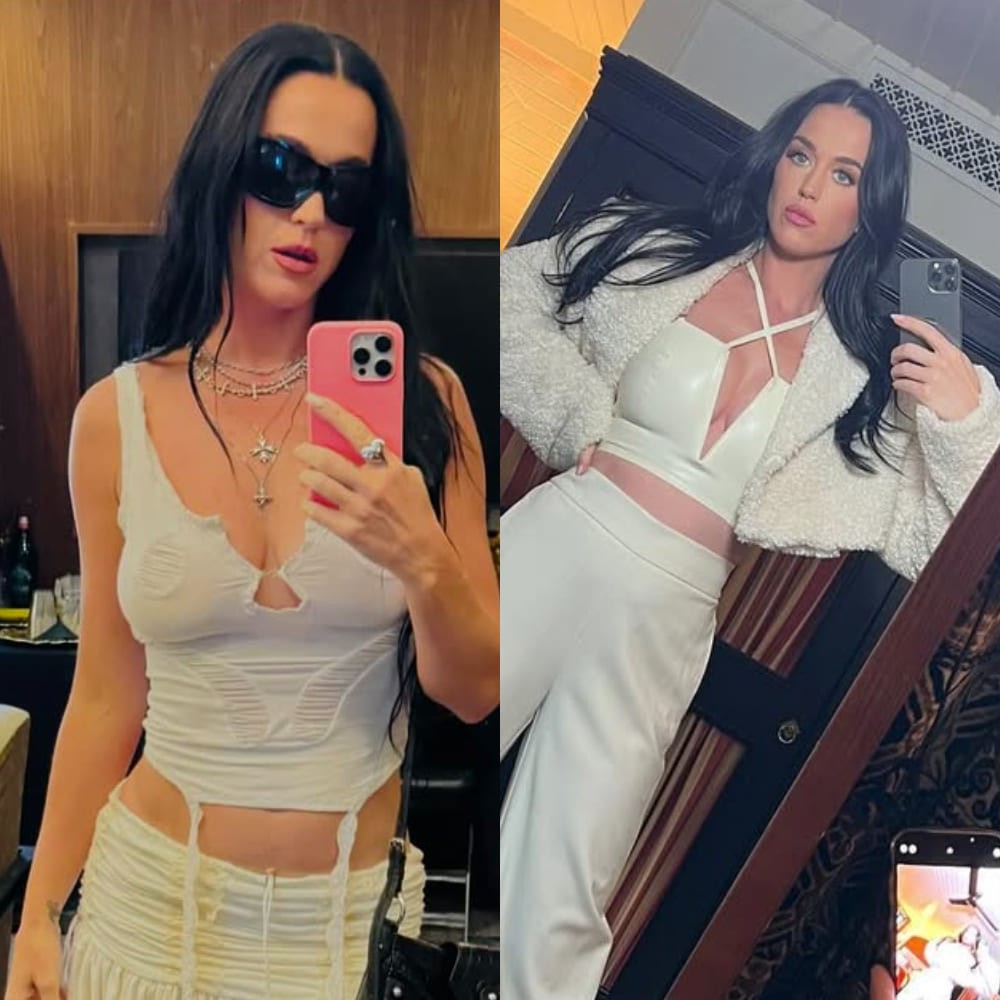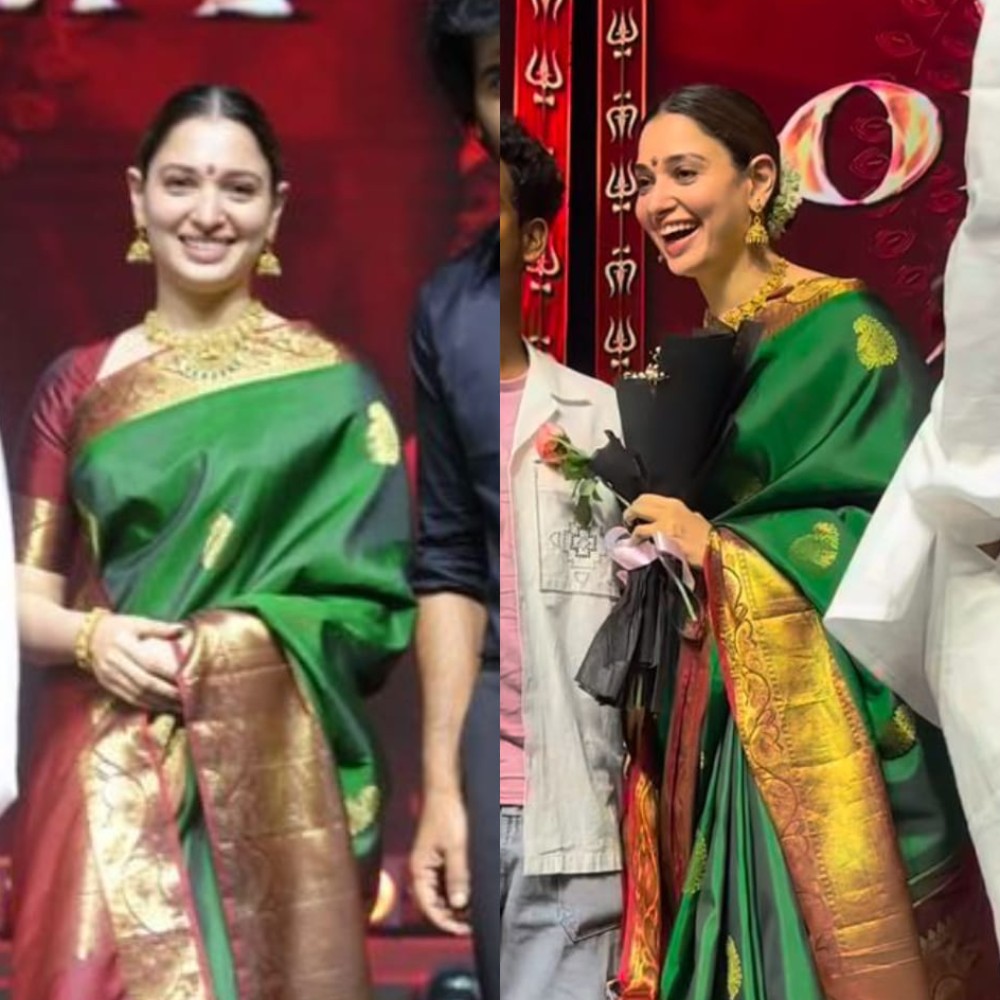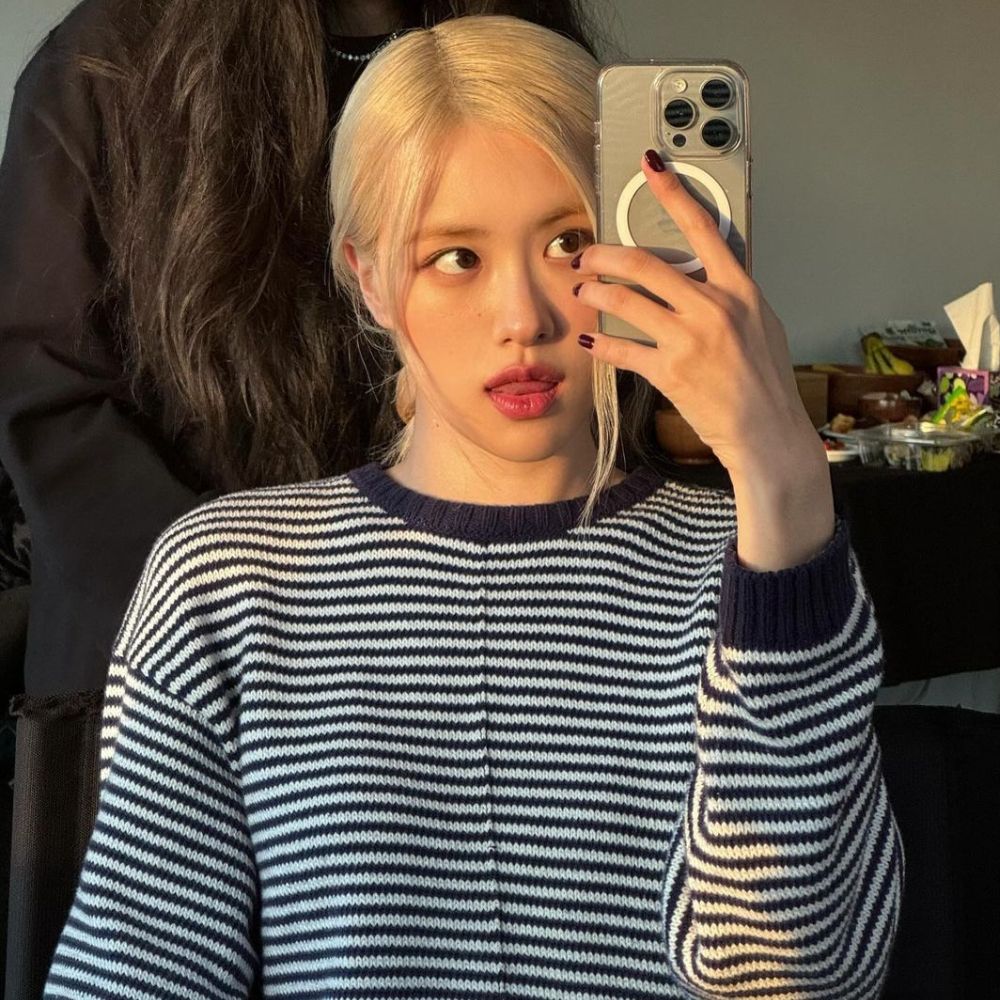True Beauty, Marry My Husband, Lovely Runner and more: Decoding success of webtoon adaptations in K-dramas
K-dramas based on webtoons are always on a rise. Let’s look at their growing popularity with K-dramas like True Beauty, Marry My Husband, Lovely Runner and more as we analyze them further.

Books, comics, and webtoons have consistently served as sources of inspiration for television shows... In South Korea, the rising popularity of webtoons has led to many of them being adapted into K-dramas. These digital comics have captured immense attention in South Korea, spanning a wide array of genres from romance to horror. Typically, readers engage with webtoons through vertical scrolling on their phones, though there are exceptions that stick to the traditional horizontal format.
Remarkably, some of the most outstanding K-dramas like All of us are Dead, True Beauty, Marry My Husband, and most recently Lovely Runner have originated from webtoons, further enhancing their allure and widespread appeal. Certain webtoons have cultivated passionate fan communities, and when translated onto the screen, they attract even greater attention and acclaim. As webtoons continue to inspire K-dramas, let's understand their widespread appeal.
Webtoons into K-dramas: Why are they so popular?
Webtoons, as a medium, are prevalent across various platforms. As they gained traction in South Korea, the idea emerged to adapt some of them for television. Numerous highly regarded K-dramas on streaming platforms originated as webtoons, garnering acclaim from audiences regardless of their familiarity or interest in the K-drama genre.
The best K-dramas based on webtoons often adhere closely to their source material. However, deviations from the original storyline are sometimes necessary for narrative purposes. Additionally, some long-running K-dramas extend beyond the storyline of their webtoon predecessors.


Since the mid-2010s, webtoons have emerged as highly sought-after source material for successful K-dramas, exemplified by hits like Kingdom, Moving, Sweet Home, Hellbound, D.P., Itaewon Class, Marry My Husband, Taxi Driver, True Beauty, All of Us Are Dead, Business Proposal, Misaeng: Incomplete Life, Yumi’s Cells, and many more. Nearly all webtoon-based K-dramas have been made accessible to international audiences primarily through OTT platforms.
The rising popularity of webtoons and their adaptation into K-dramas creates a symbiotic relationship within the entertainment scene. As webtoons gained mass appeal, they paved the way for a new avenue of storytelling. Fans rejoice when scenes from the webtoon are faithfully replicated or closely resemble what they've read, heightening their excitement.
For webtoon readers, the transition to a K-drama format offers a fresh perspective on their favorite series. Witnessing beloved characters come to life on screen provides a novel and immersive experience.
Similarly, as a fan of K-dramas, revisiting them in their original webtoon form offers an expansive and enjoyable experience. When K-dramas are adapted from webtoons, it's not just about two fandoms colliding; it's about two worlds merging, bringing fans from both genres together in an exciting exchange.
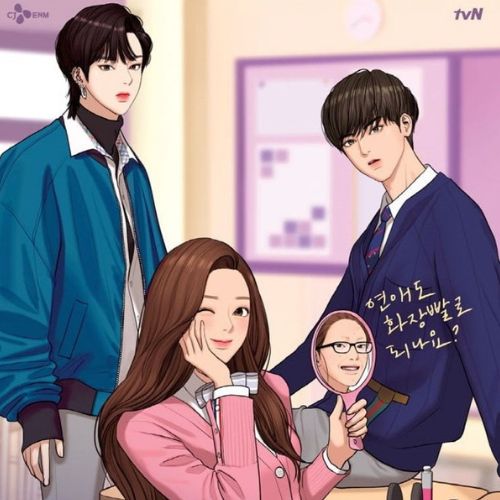
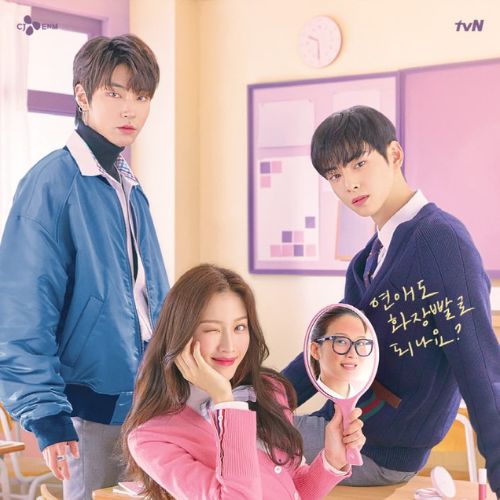
Are webtoon-based shows actually doing well?
As a fan of both genres, I found myself transitioning from reading webtoons to discovering K-dramas through them. One day, while stumbling upon a webtoon titled Orange Marmalade, I was intrigued to learn that it had been adapted into a series. This discovery led me into a whole new territory of K-dramas previously unknown to me. I began seeking out more webtoon-based K-dramas to watch, such as What's Wrong With Secretary Kim?, Cheese in the Trap, and My ID is Gangnam Beauty. Eventually, I uncovered numerous other K-dramas inspired by webtoons. As a fan of both worlds, I've witnessed these adaptations grow tremendously. Now, it seems like every year brings forth 10-15 new K-dramas based on webtoons.

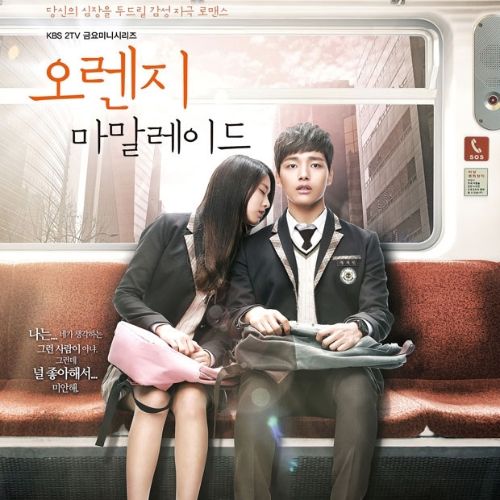
Many of these adaptations stay true to their source material, such as Marry Me Now and A Good Day to Be a Dog. However, some diverge significantly, like Duty After School and Cheese in the Trap. Unfortunately, this can sometimes lead to a disappointing outcome, as seen with Cheese in the Trap. The K-drama adaptation concluded with an original ending since the webtoon was still ongoing, resulting in dissatisfaction among fans. On the other hand, there are success stories like True Beauty, which also featured an original ending due to the ongoing webtoon, but this time the conclusion was well-received.
The excitement of seeing something you know or have read being adapted into a series is undeniable, which is why webtoon-based K-dramas often resonate well with audiences. However, the success of these adaptations depends on various factors, including the strength of the original plot, how faithfully it's adapted, how strong its original fandom is, and whether any changes are made. It's essentially a hit-and-miss scenario with webtoon-based K-dramas. When all the right elements come together, they tend to work, but when these factors aren't properly employed, it may not succeed.
Nevertheless, with the prevalence of webtoon and web novel adaptations in today's K-drama landscape, there's always an element of excitement. Even if one is familiar with the story, watching it come to life on screen can be enjoyable. Moreover, fans of webtoons get to see their favorite series brought to life, while K-drama enthusiasts have something to look forward to after the series ends - delving into the source material. Overall, webtoon adaptations offer a win-win situation for both sets of fans.
Stay updated with the latest Hallyu news on: Instagram, YouTube, Twitter, Facebook and Snapchat





 JOIN OUR WHATSAPP CHANNEL
JOIN OUR WHATSAPP CHANNEL









